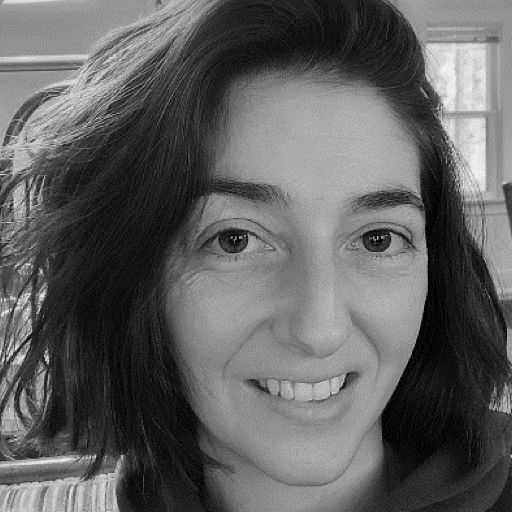
Michelle Carr, Ph.D.
Assistant Research-Professor (2023- )
Department of psychiatry and addictology, Université de Montréal
michelle.carr@umontreal.ca
Training
Postdoctorate in Psychiatry (University of Rochester)
Postdoctorate in Psychology (Swansea University)
Ph.D. in Biomedical Sciences (Université de Montréal)
Research interests
The goal of my work is to assess the neurophysiology of sleep and dreams, the neurocognitive science of nightmares and treatments for nightmares, and to develop techniques to induce and study lucid dreams, and advance new technologies of dream engineering.
Methodological approaches
Electroencephalography, spectral analysis, text analysis, sensory stimulation, dream collection.
Fundings
2023-2027: SSHRC Insight Competition, Role: Co-I. What dreams may come: How cinema influences the language, experience, and images of dreams.
2023-2025: Templeton Foundation, Cognitive neuroscience of religion, Role: PI. Self and Other Agency in (Lucid) Dreaming: Neurocognitive correlates and phenomenological inquiry of dream guides.
2021-2023: Dream Science Foundation Research Grant, Role: PI. Effects of planning on lucid dream induction.
Selected publications
Picard-deland, C., Konkoly, K., Raider, R., Paller, K., Nielsen, T., Pigeon, W., & Carr, M. (2023). The memory sources of dreams: serial awakenings across sleep stages and time of night. SLEEP.
Mallett, R., Picard-Deland, C., Wary, M., Grewal, A., Pigeon, W., Blagrove, M., Carr, M. (2021). Relationships between dreams and morning mood using self-reports and text analysis. Affective Science, 1-6.
Picard-Deland, C., Nielsen, T. & Carr, M. (2021). Dreaming of the sleep lab. PlOS 1, 16, e0257738.
Carr, M., Summers, R., Newton, C., Bradshaw, C., Blagrove, M. (2020). Frontal brain activity and subjective arousal during emotional picture viewing in nightmare sufferers. Frontiers in Neuroscience, 14, 585574.
Carr, M., Horowitz, A., Amores, J., Lopes, P., Jain, A., Bernal, G., & Maes, P. (2020). Dream Engineering: Simulating worlds through sensory stimulation. Consciousness and Cognition, 83, 102955.
Carr, M., Stocks, A., Mallett, R., Freegard, M., Konkoly, K., Schredl, M., & Bradshaw, C. (2020). Dream lucidity is associated with positive waking mood. Consciousness and Cognition, 83, 102971.
Carr, M., Konkoly, K., Mallett, R., Edwards, C., Appel, K., & Blagrove, M. (2020). Combining pre-sleep cognitive training and REM-sleep stimulation in a laboratory morning nap for lucid dream induction. Psychology of Consciousness, 7.
Carr, M. & Nielsen, T. (2017). A novel Differential Susceptibility framework for the study of nightmares: Evidence for trait sensory processing sensitivity. Clinical Psychology Review, 58, 86-96.
Projects
Lucid Dreams
Using cognitive training and sensory stimulation in REM sleep to elicit heightened self-awareness in dreams
Nightmares
To assess how nightmares relate to emotional memory, to characterize the neurocognitive profile of people with nightmares, and to study how to treat nightmares.
Dream engineering
With colleagues at MIT, we are developing a network of researchers working on the topic of dream engineering – how to apply technology and manipulate dreams to facilitate memory, creativity, or physical and mental well-being.

